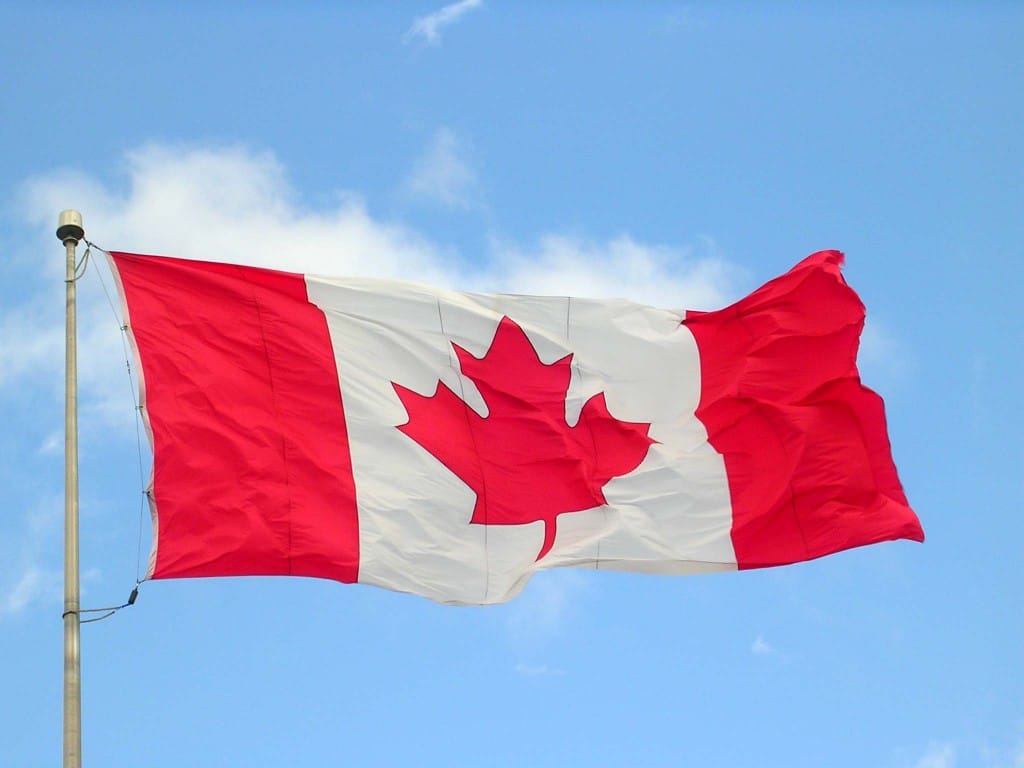Since its Confederation more than a century ago, when Great Britain granted Canada its own constitution, Canadians have been governed by three distinct levels of government: federal, provincial or territorial, and municipal. While Canada still follows the model of the British Parliamentary system, the country has evolved into a unique democracy which embraces traditions from both its English and French ancestors.
On July 1, 1867 Great Britain granted Canada its own constitution, in the proclamation of the British North America Act, which established the framework for the Canadian division of federal and provincial governments which exists today. In 1982 Britain’s formal control over the Canadian government was relinquished. This “patriation” of Canada’s constitution, along with the signing of the Canadian Charter of Rights and Freedoms, marked the country’s official status as an independent nation. Although the British monarch continues to be Canada’s constitutional Head of State, represented by the Governor General, the Crown’s practical role today is mostly a matter of convention and ceremony.
The following briefly outlines the characteristics and responsibilities of each level of government:

Federal Government:
The House of Commons is the lower chamber of the legislature. It is comprised of 308 elected Members of Parliament, each of whom represents an electoral riding (district) from across the country. Candidates from various political parties run for MP; the party that elects more MP’s than the others forms the government and its Leader becomes the Prime Minister. The Prime Minister appoints certain MP’s to be Cabinet Ministers, each of whom is responsible for a particular portfolio such as Finance, External Affairs, and Industry.
Members of Parliament propose, revise, and vote on bills, which are then sent to the Senate to be passed into law.
The Senate is the upper chamber of the legislative body. Its 105 un-elected members are appointed by the Governor General on the recommendation of the Prime Minister. The Senate is considered the chamber of “sober second thought”, and must vote in favour of a bill before it can become law.
The Federal Government oversees issues of national importance such as the military, treasury, currency, national healthcare, the Royal Canadian Mounted Police, and external affairs. The Government of Canada has the right to collect tax from citizens’ income and other sources, such as the Goods and Services Tax (GST) to fund its operations. It operates under two official languages, English and French.
Provincial Government:
Each of the ten provinces and three territories are governed by a provincial or territorial legislature. Members of Provincial Parliament (MPP’s) are riding representatives elected from various political parties across each province. The leader of the party that elects the most members becomes the Provincial Premier. At this level the Queen’s representative is the Lieutenant Governor.
The Province of Quebec is unique in Canada: it maintains strong ties to its French heritage, and is distinctive as the only province where French is its official language. Also, its unusual dual justice system is based on the Civil Code, derived from the French legal system, for all but criminal proceedings; crimes are prosecuted based on the common law system that is used in all other Canadian provinces.
Provincial governments oversee the laws concerning health services delivery, education, social and community services, provincial police forces, and other regional concerns. Like the federal government, provincial governments have the power to collect income taxes and provincial sales taxes (PST).
Municipal / Regional Governments:
Cities and towns across Canada also elect local bodies of councilors who form a city or town council, headed by a Mayor. These governments propose and pass by-laws dealing with local concerns such as waste disposal, city police and fire services, public transit, property development, zoning and building permits. Unlike the senior levels of government, local governments have no powers to levy income or sales taxes, but rather collect revenues from property taxes and depend upon federal and provincial cash transfers to operate their programs.
Sources: Library of Parliament, Government of Canada
Justice Quebec
